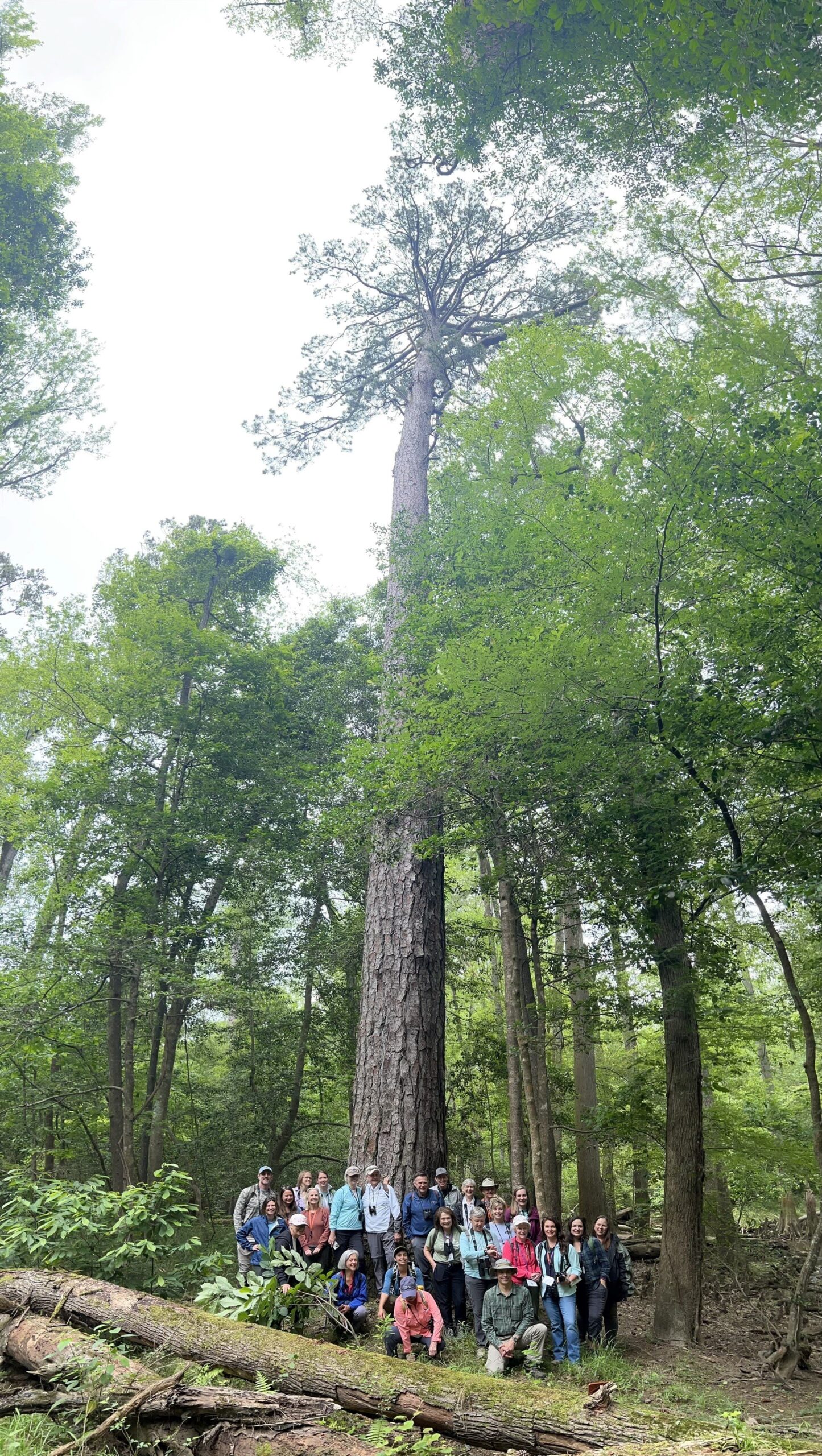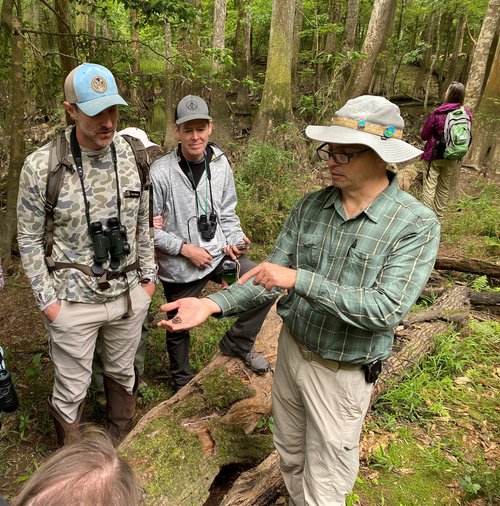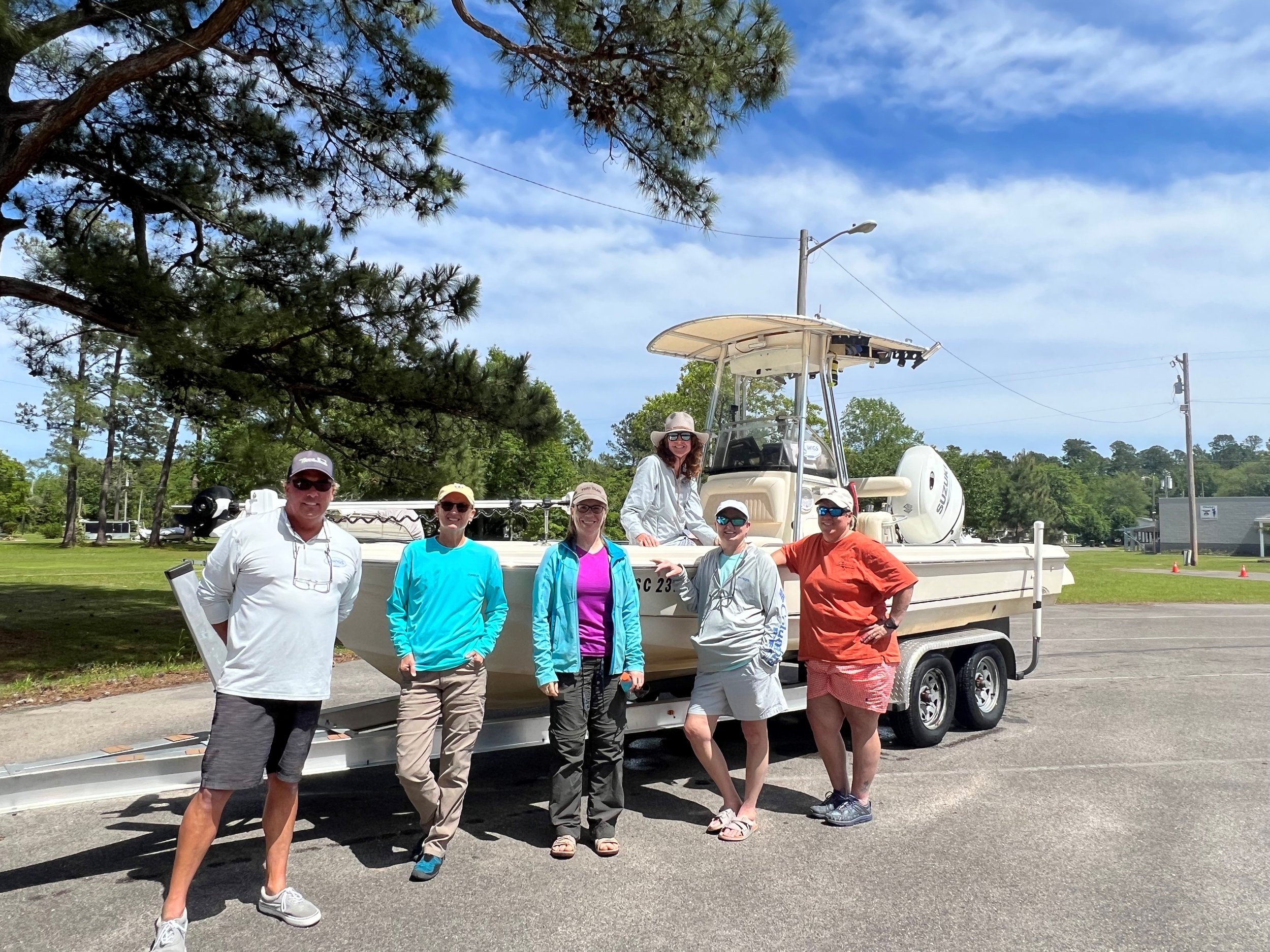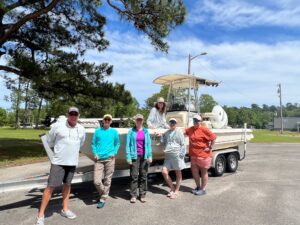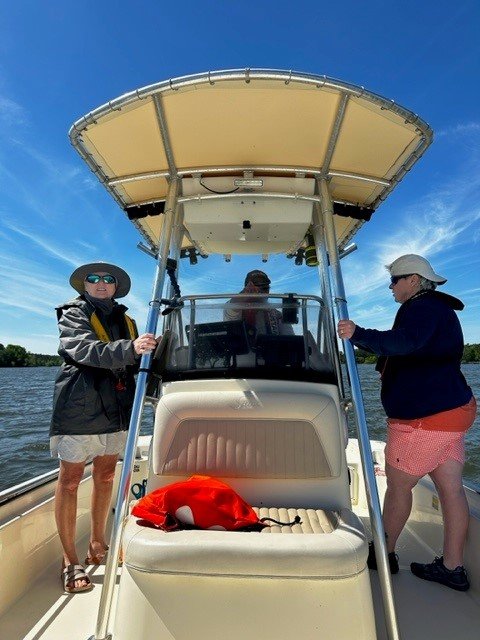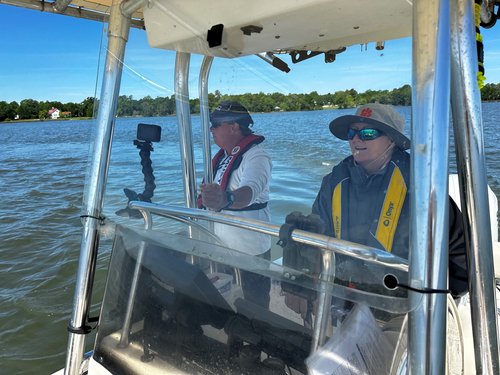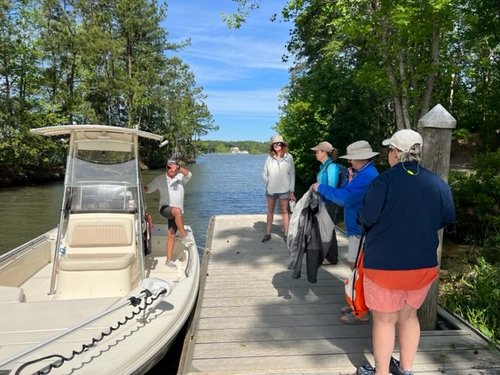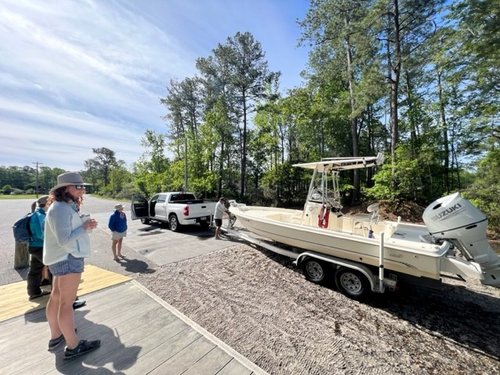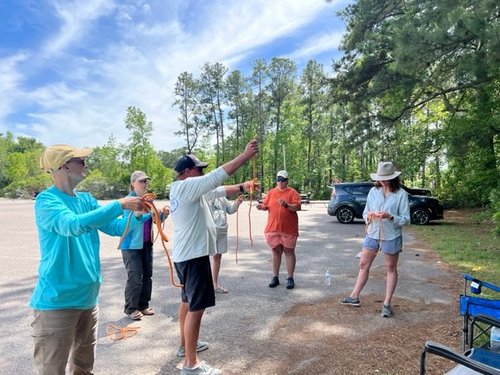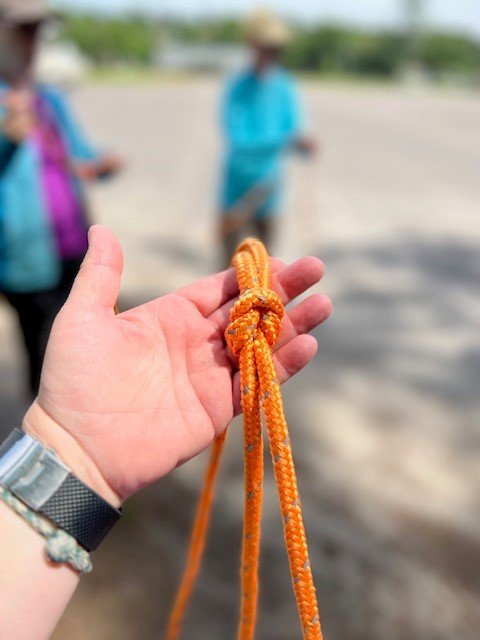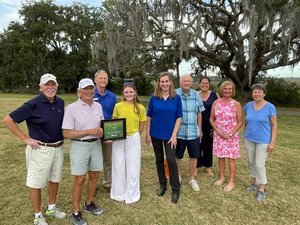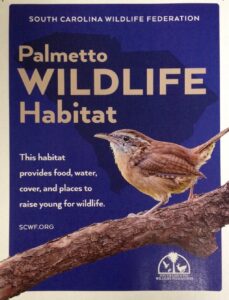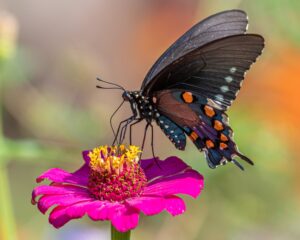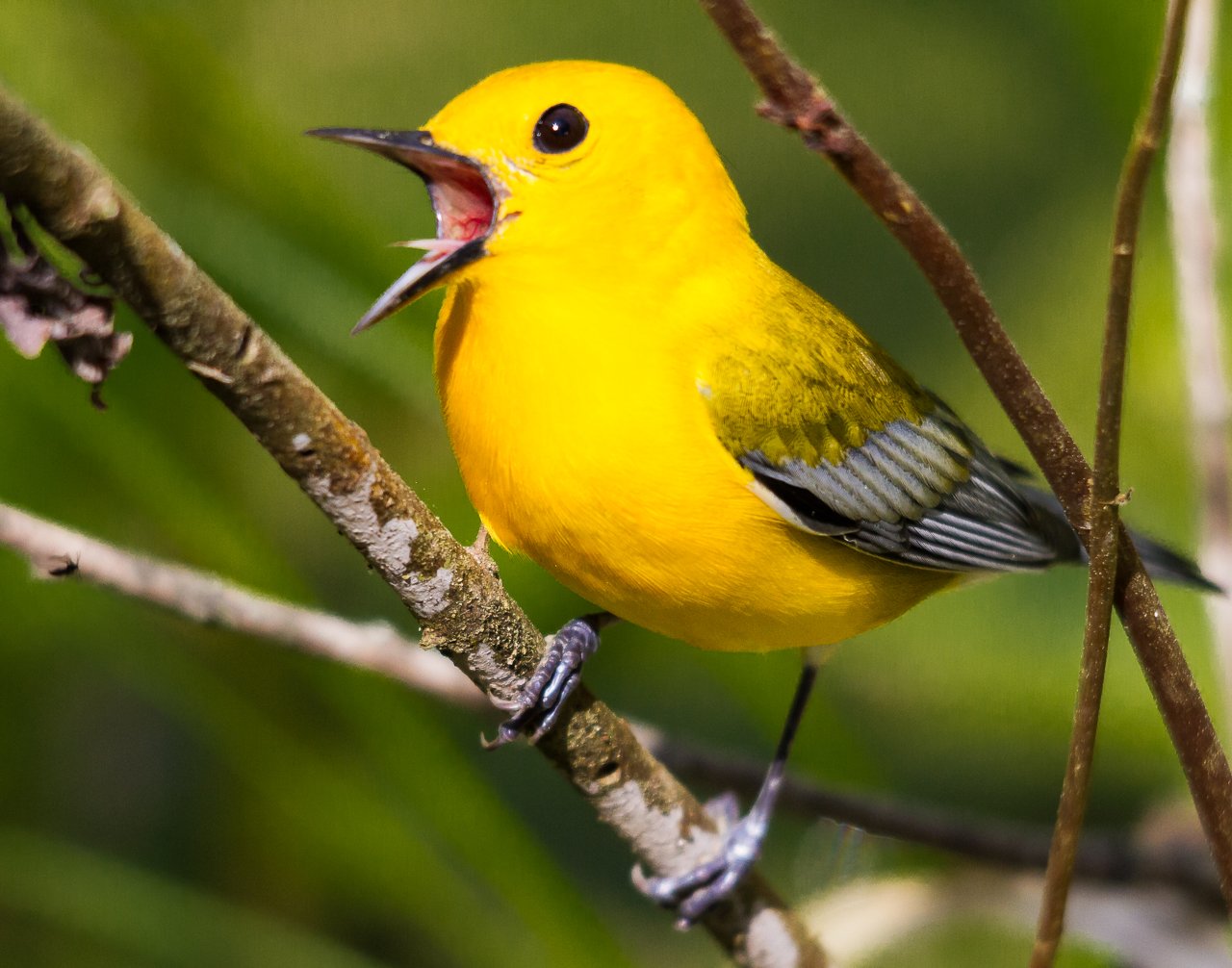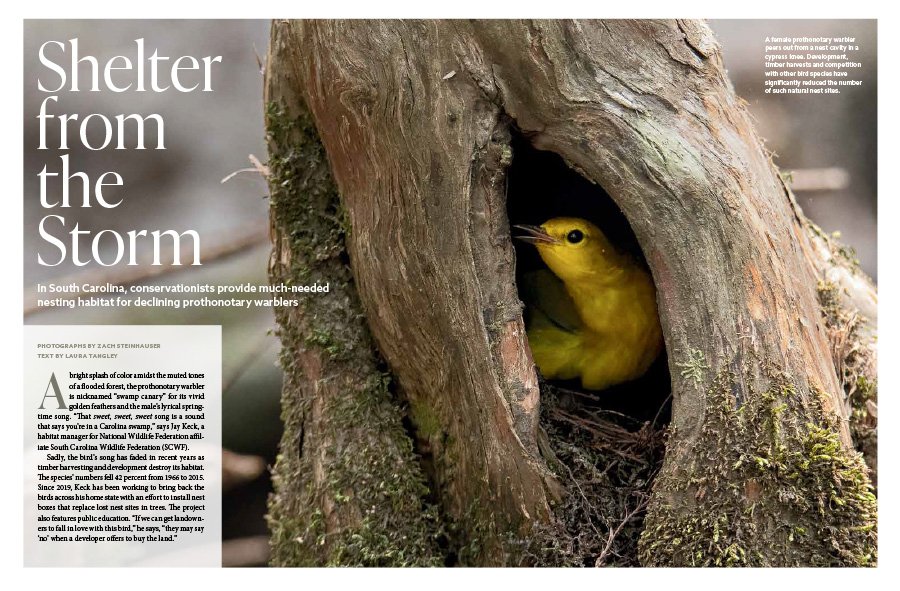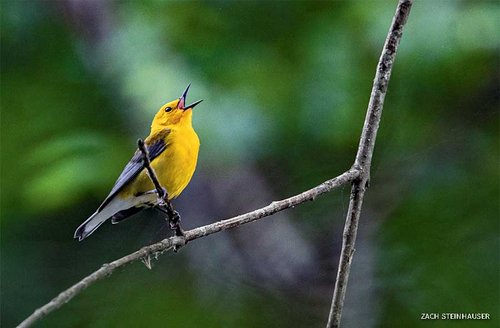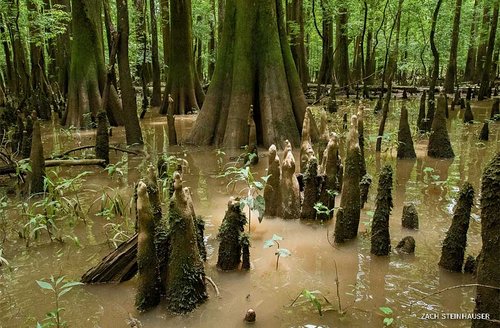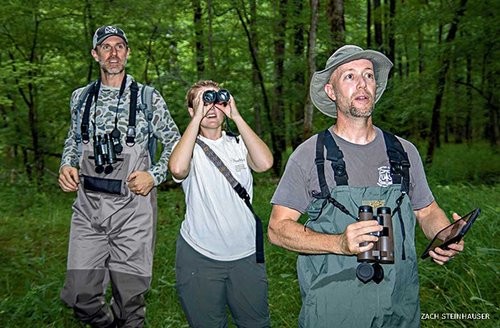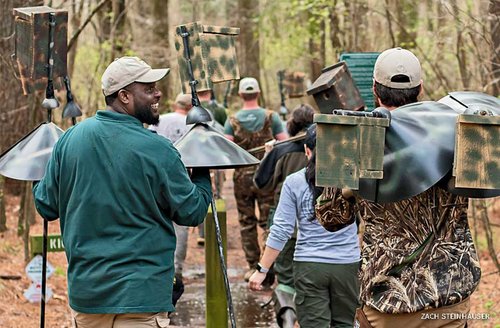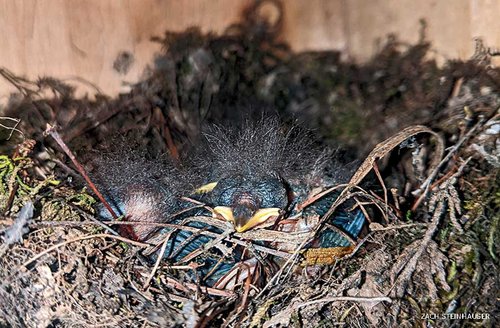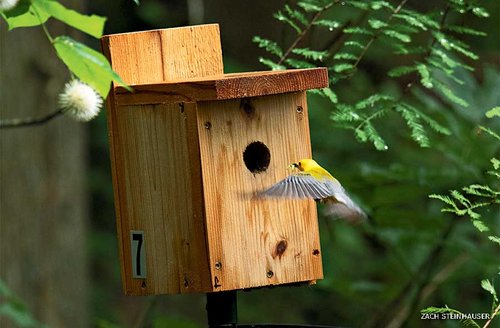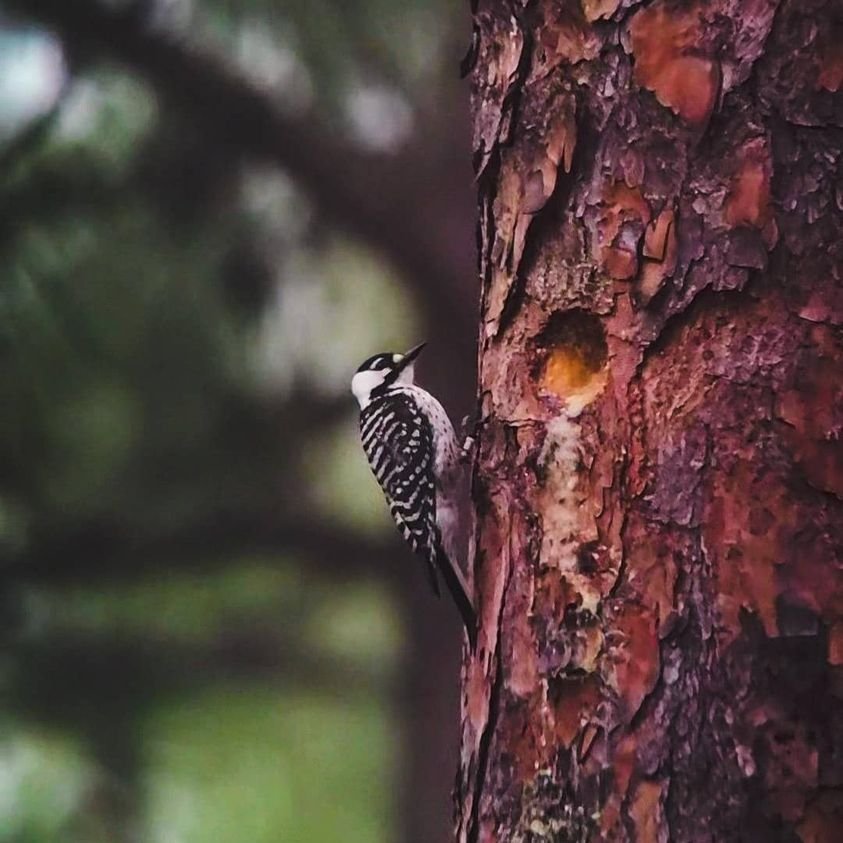The South Carolina Wildlife Federation is honored to be in a position to distribute educational grants to full-time students pursuing environmental education at South Carolina schools of higher education. Both undergraduate and graduate students are eligible, based on their performance in academia and in related community activities.
THE WINNERS OF THE 2022-2023 SCWF SCHOLARSHIPS ARE:
Virginia Kackley, Environmental and Natural Resources Major at Clemson University
Virginia aspires to pursue a career in wildlife habitat research or in the political world to protect the environment, agriculturalists, and consumers alike. Her work experience shows a strong connection to research, the environment, and educating her community about agriculture and conservation. She has volunteered with many organizations and participated in Adopt-a-Highway, Adopt-a-River, FFA, and several other agricultural organizations, including planning and participating in “Agricultural Awareness Week”. Virginia is dedicated and has a clear passion for helping others understand and appreciate agriculture and the environment.
Evan Renshaw, Environmental Studies and Geography Major at the University of South Carolina
Evan plans to enter the workforce upon graduation seeking a role dealing with environmental policy and sustainability. After gaining some experience, he plans to attend graduate school to further his studies to gain the knowledge and experience to make a difference on sustainability issues on a national level. His work experience includes an internship with the Central Midlands Council of Governments where he compiled research on natural resources and climate resilience to help make the public and political entities more aware of natural hazards and their impacts. It is also clear through his numerous volunteer roles that he is passionate about sustainability and educating others on the topic. His volunteer work includes working to educate classmates on green practices, working to install a rooftop solar station on a university building, and sustainable gardening. One of his courses is also allowing him to explore the advantages of using electric vehicles for the University’s transit system.
Ramie Thompson, Environmental Studies Major at Wofford College
Ramie plans to get her masters in environmental science and work in this field combining data analytics with her other passion, writing. Her hope is to be able to convey complicated technical data to the general public in a way that is understandable to everyone. This can be critical in gaining public support for environmental issues. Her work experience includes working with water quality monitoring and quantitative environmental methods and models, including GIS. Her volunteer work includes working with young students as a tutor/mentor, fundraising to buy bikes for young students in her community, and organizing a beach sweep. She has even written a book entitled “The Aftermath of Human Impact” which has helped push her to creatively write and be more conscious of how people see complicated scientific information.
Kaitlyn Meadows, Graduate student in Biological Sciences at Clemson University
Kaitlyn received her undergraduate degree in Tennessee and is attending graduate school at Clemson University. She is passionate about wildlife conservation and sharing it in an educational setting. She has held positions educating students ranging from early childhood all the way through college age about conservation education, at the Knoxville Zoo, Sylvan Learning, and at Clemson University. She is a very active volunteer in her school and community. At Clemson, she wants to use this scholarship to help her work with herpetofauna, specifically to determine the effect of host-density on host-associated microbiomes using Eastern Newts.
SCWF is proud to award Kaitlyn Meadows with the Nicole Chadwick Memorial Fund Scholarship.
SCWF Scholarship Program:
The SCWF receives contributions from our members; however, a large portion of the funds for these scholarships are received from these three funders:
- Nicole Chadwick Memorial Scholarship Fund – honoring the legacy of an endangered species biologist who made a long-lasting impact on wildlife conservation in South Carolina, this fund was created in 2019 out of a desire by community members to honor the enduring impact of Nicole Chadwick’s work for wildlife conservation. This scholarship fund will specifically be awarded to female students studying environmental fields in South Carolina.
- D. L. Scurry Foundation – In 1969, Mr. D. L. Scurry and his CPA, Mr. J. F. Burgess, created a non-profit foundation which emphasized providing educational scholarship funds for individuals attending colleges, universities and technical schools in South Carolina. Since that time, the D. L. Scurry Foundation has helped further the educational goals of thousands of students and many organizations within the state.
- The Riverbanks Conservation Support Fund (CSF) – This Fund was created to provide financial assistance for conservation oriented projects/programs worldwide that promote preservation of the Earth’s biodiversity.
A strong knowledge of the many aspects of our natural world is required for analyzing environmental problems, resolving conflicts, and preventing new problems from arising. The South Carolina Wildlife Federation is committed to supporting future leaders by helping to provide the financial resources necessary to lay the groundwork for more responsible decision-making tomorrow.
Scholarship applications are accepted online through our website each year until October 31st.
Banner image by Judy Drew Fairchild.
